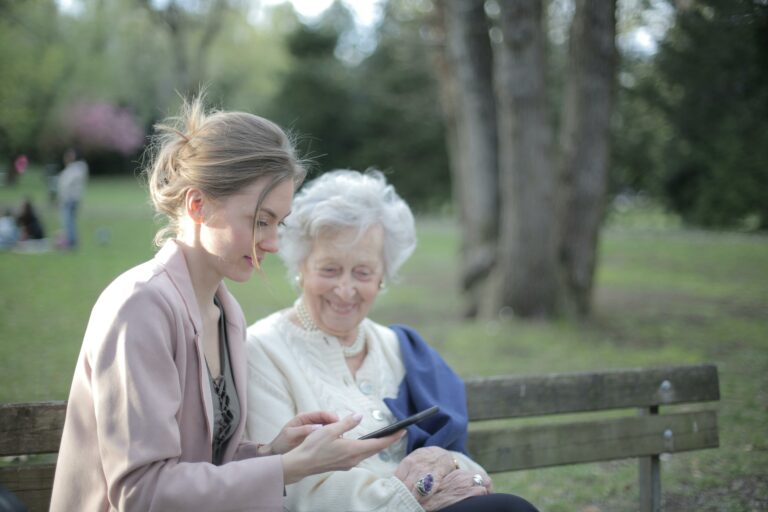
Safeguarding against Financial Exploitation: Estate Planning for Cognitive Decline
In this overview of estate planning for cognitive decline, we examine signs of dementia and the role of estate planning in protecting our aging loved ones. The National Institute on Aging (NIH) article, “Managing Money Problems for People With Dementia,” sparked our discussion on estate plans and cognitive decline.
It is becoming more common for families to encounter challenges and new issues in needing to help loved ones safeguard assets from fraud and exploitation. This article shares practical strategies to protect vulnerable individuals when we notice signs of dementia.
Understanding the Risks: Fraud and Financial Exploitation
Cognitive decline, particularly associated with conditions like Alzheimer’s disease, poses significant risks for financial exploitation. Individuals grappling with dementia may struggle to manage bills, discern trustworthy individuals, and comprehend complex financial transactions. This vulnerability makes them prime targets for fraud and abuse. Here’s a closer look at common forms of exploitation:
- Multiple Payments: Those with cognitive decline may inadvertently make multiple payments for the same service, leading to financial losses.
- Misuse of Power of Attorney: Trusted individuals, including family members or attorneys-in-fact, may abuse their authority by making unauthorized cash transfers or mismanaging assets.
- Undervalued Property Sales: Patients may be misled about the value of their property, resulting in sales below market value to the detriment of their estate.
Protecting against Fraud: Legal Safeguards and Capacity Assessment
To combat financial exploitation, it’s essential to understand the legal safeguards available and to assess the individual’s capacity to enter into agreements. Here are key considerations:
Legal Capacity: Contracts and agreements are enforceable only if both parties have the legal capacity to enter them. Individuals with Alzheimer’s or cognitive impairment may lack this capacity, rendering contracts voidable.
Capacity Assessment: Assessing mental capacity is crucial in determining the validity of agreements. Physicians, family members and legal experts play a vital role in providing testimony and evidence of cognitive decline.
Estate Planning’s Role in Protecting Our Aging Loved Ones
Signs of dementia are sometimes slow to appear or hard to detect. The National Institute of Aging pointed out that financial management is one of the first signs of cognitive decline affecting a loved one.
Estate planning helps prevent loved ones with dementia from losing money or property to scammers or unscrupulous people. It is crucial to establish financial powers of attorney before signs of dementia and enable a trusted family member to oversee bank accounts and pay bills for a loved one. Trusts are another tool that helps to safeguard a loved one’s assets.
Estate Planning and Cognitive Decline Key Takeaways:
- Early Intervention: Recognize signs of cognitive decline and take proactive steps to safeguard assets.
- Legal Expertise: Seek guidance from attorneys experienced in elder law to navigate complex estate planning and financial management issues.
- Family Vigilance: Family members and caregivers should remain vigilant to watch for signs of financial exploitation and take prompt action to protect their loved ones.
Conclusion
Estate planning for cognitive decline requires careful consideration and proactive measures to protect vulnerable individuals from fraud and financial exploitation. Families can confidently navigate these challenges by understanding legal safeguards, assessing capacity, and seeking expert guidance. Are you ready to safeguard your loved one’s future? Schedule a consultation with our team today and take the first step towards comprehensive estate planning.
Reference: National Institute on Aging (NIH) (Oct. 3, 2023) “Managing Money Problems for People With Dementia”






